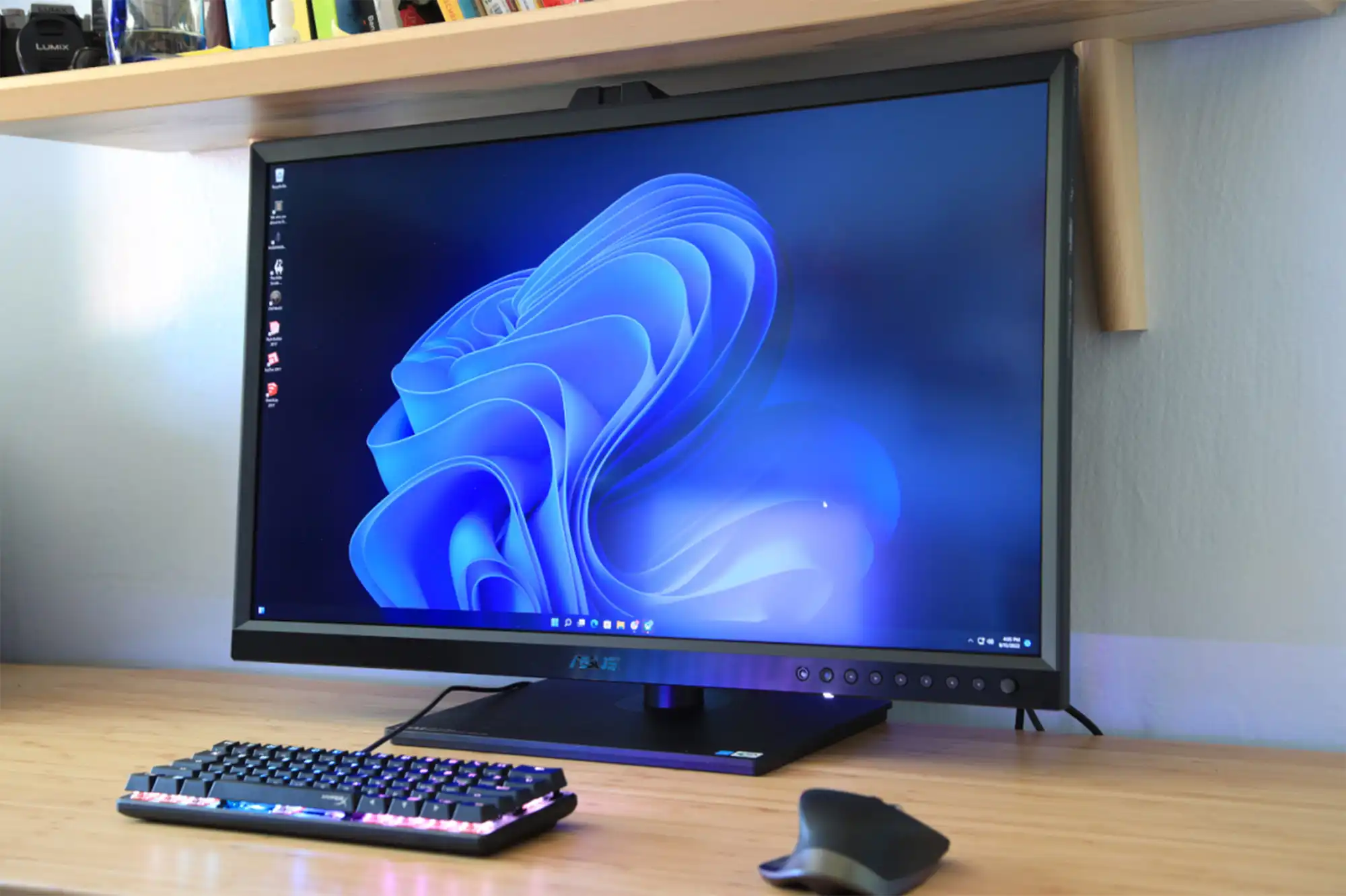Everybody wants an OLED monitor, including yours truly. Now that the display tech is ubiquitous on phones, it’s getting far more common in TVs, laptops, and tablets, too. But OLED tech has some obvious drawbacks, none more so than its high price.
TCL says its newest manufacturing process will help alleviate some OLED pain points, including price, brightness, and power draw.
During the Omdia Korea Display Conference last week, TCL’s Chief of the Technology Planning Center expounded on the company’s new “inkjet-printed” OLED display tech. As reported by FlatPanelsHD.com, this manufacturing process can create display panels with a 50 percent reduction in light loss from internal reflections, lower energy usage, and a much longer lifespan — and all of that comes with a 20 percent reduction in manufacturing cost.
TCL showed off prototype versions of these new panels at the conference, including a conventional 8K OLED television, a 14-inch laptop screen, and a 31-inch “dome-shaped OLED” with 4K resolution. Company representatives said that it would be ready to begin limited production with this new technique by the end of this year, targeting “medium-sized OLED displays” for new products in 2025. (That means OLED laptop panels and monitors.)
While the presentation was certainly optimistic and self-serving, TCL isn’t just blowing smoke. The inkjet printing technique, as opposed to the older evaporative stencil manufacturing system, has been in the news for the last year or so. The printing system is already used to deposit the encapsulation layer in most OLEDs right now, but expanding it into the emitters and other stack materials is the potential game changer, according to OLED-info.com.
That’s great news if you’re hoping for more competition in the OLED space. While it’s currently pretty easy to find OLED monitors, the panels are still only coming from a small collection of manufacturers, chiefly LG and Samsung. That’s why so many of those monitors seem to have nearly identical specs — they’re using a lot of the same panels from the same places. With TCL targeting the market via new tech, it’ll give manufacturers more options at lower prices.




